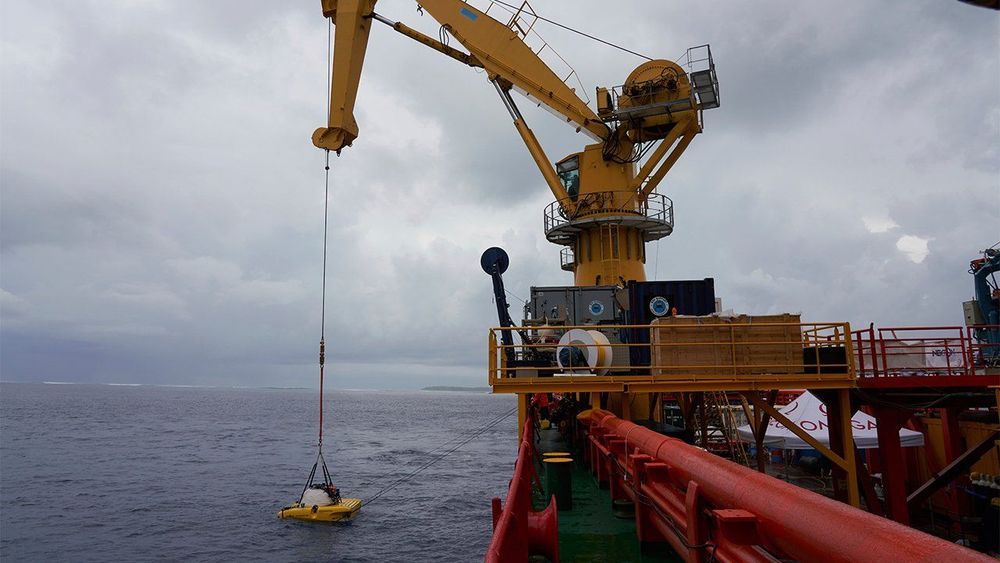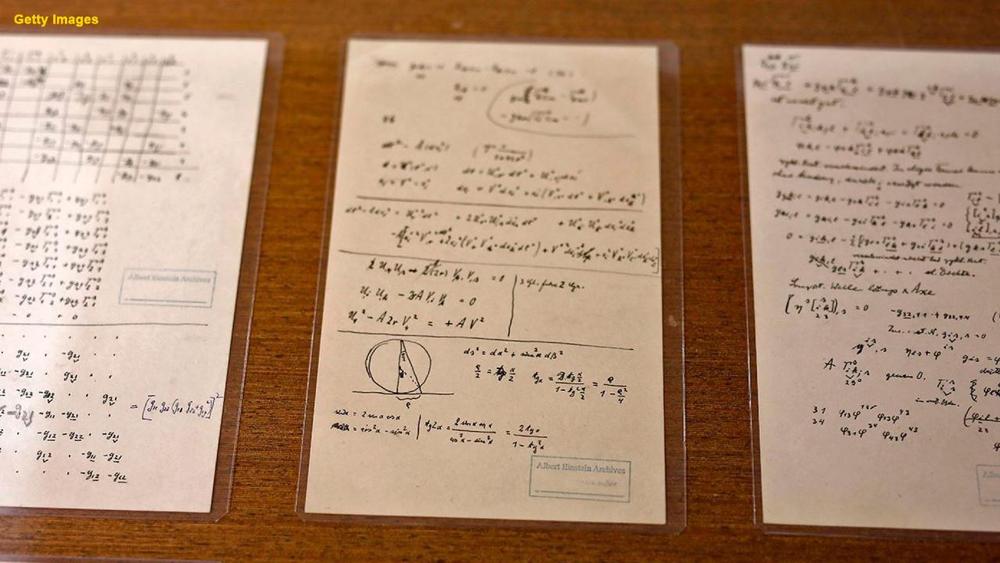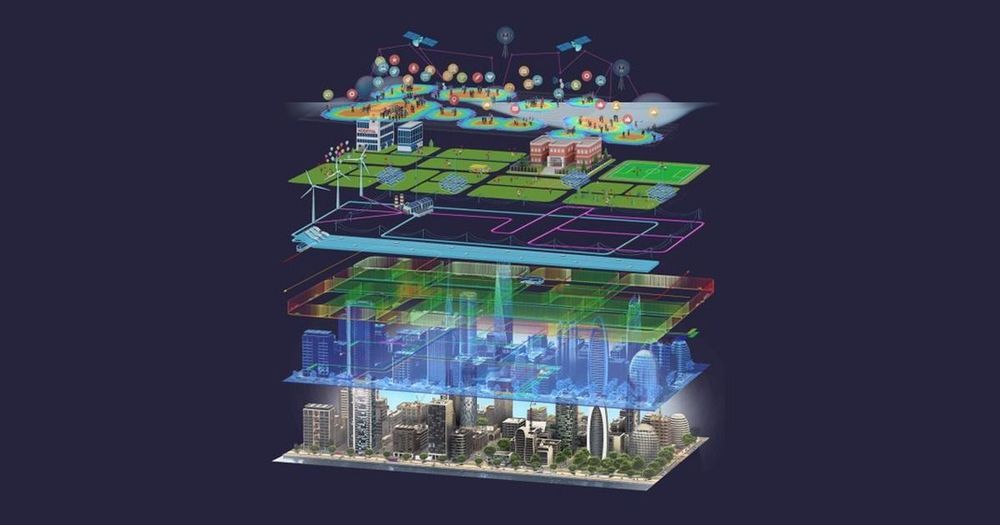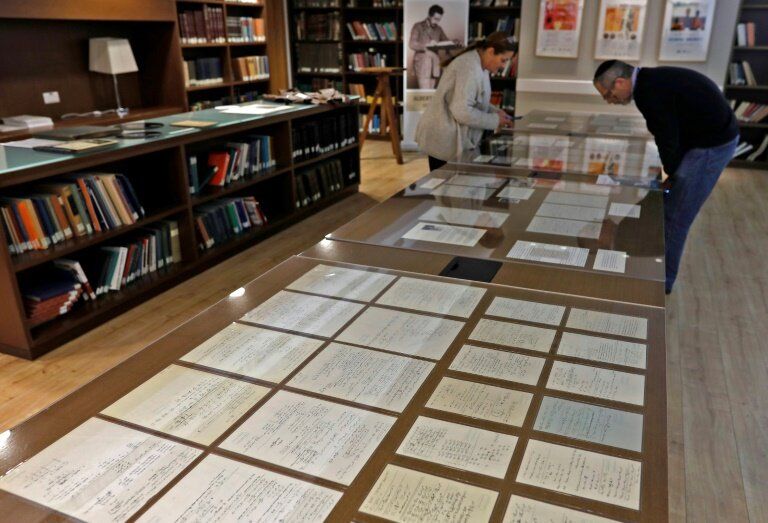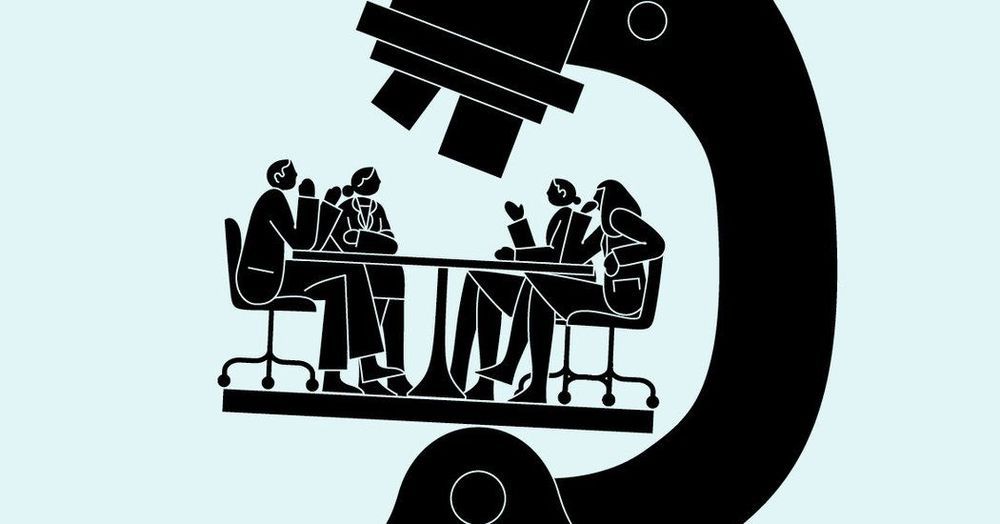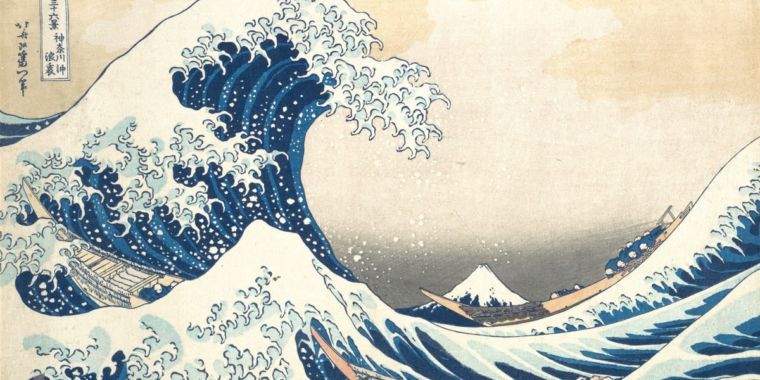We believe that when we are faced with the choice between two or more options of what to think about, non-conscious traces of the thoughts are there already, a bit like unconscious hallucinations,” Professor Pearson says. “As the decision of what to think about is made, executive areas of the brain choose the thought-trace which is stronger. In, other words, if any pre-existing brain activity matches one of your choices, then your brain will be more likely to pick that option as it gets boosted by the pre-existing brain activity.
A new UNSW study suggests we have less control over our personal choices than we think, and that unconscious brain activity determines our choices well before we are aware of them.
Published in Scientific Reports today, an experiment carried out in the Future Minds Lab at UNSW School of Psychology showed that free choices about what to think can be predicted from patterns of brain activity 11 seconds before people consciously chose what to think about.
The experiment consisted of asking people to freely choose between two visual patterns of red and green stripes – one of them running horizontally, the other vertically – before consciously imagining them while being observed in a functional magnetic resonance imaging (fMRI) machine.
